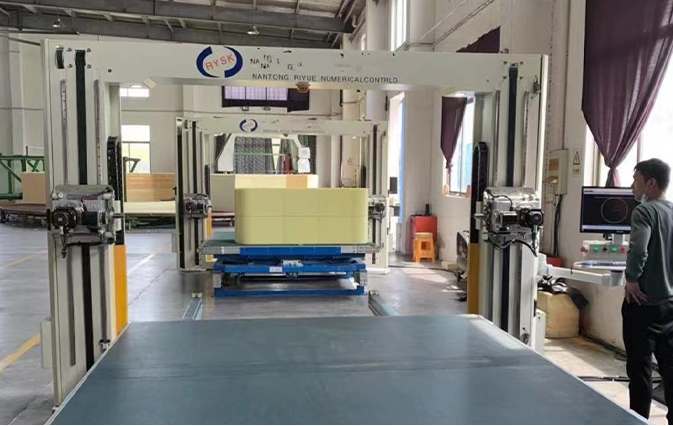Affordable Options for Medical Bed Mattresses and Their Prices
Understanding Medical Bed Mattress Prices Factors and Considerations
When it comes to healthcare and patient comfort, the type of mattress used on medical beds plays a crucial role. Medical bed mattresses are designed specifically to cater to the needs of patients with limited mobility, those recovering from surgery, or individuals with chronic conditions. However, one of the most pressing concerns for healthcare facilities or caregivers is the price of these specialized mattresses. Understanding the factors that influence medical bed mattress prices can help you make informed decisions.
Types of Medical Bed Mattresses
Medical bed mattresses come in various types, each designed for specific patient needs and conditions. The most common types include
1. Foam Mattresses These are often the most affordable option. They provide reasonable comfort and support but may not offer adequate pressure relief for patients who are at high risk of developing pressure ulcers.
2. Gel Mattresses Incorporating gel layers helps to distribute pressure more evenly, making them a popular choice for patients requiring additional support. These mattresses usually come at a mid-range price and provide excellent temperature regulation.
3. Air Mattresses Offering adjustable firmness, air mattresses are particularly beneficial for patients with skin integrity issues. These mattresses are often the most expensive due to their advanced features, like alternating pressure systems that help prevent bedsores.
Factors Influencing Prices
Several factors contribute to the price variations in medical bed mattresses
medical bed mattress price

1. Material Quality Higher-quality materials generally lead to higher prices. For example, durable, high-density foam or high-grade gel can result in superior comfort and longevity but at an increased cost.
2. Size and Dimensions Medical mattresses come in various sizes, such as twin, full, or custom dimensions for specialized beds. Larger sizes typically translate to higher prices.
3. Brand Reputation Well-known brands with a reputation for quality and patient safety often charge a premium for their products. Investing in a trusted brand can offer peace of mind concerning durability and effectiveness.
4. Features and Technology Advanced features such as adjustable firmness, cooling technology, or built-in pressure relief systems significantly increase prices. Facilities need to balance budget constraints with the need for patient care.
5. Retail vs. Wholesale Purchasing through medical supply companies or wholesale distributors may yield lower prices than retail purchases. Additionally, bulk orders can lead to discounts.
Budget Considerations
When budgeting for medical bed mattresses, it’s essential to factor in the total cost of ownership, not just the initial purchase price. High-quality mattresses may have a higher upfront cost but can lead to savings over time due to their durability and reduced need for replacements. Furthermore, investing in a good mattress can improve patient satisfaction and outcomes, which can indirectly affect healthcare costs.
Conclusion
In summary, the price of a medical bed mattress can vary widely based on material quality, type, brand, and additional features. Determining the right mattress involves careful consideration of both budget and patient needs. By understanding the various options available, healthcare providers and caregivers can make informed decisions that ensure the comfort and safety of patients, ultimately leading to better health outcomes.
-
The Effect of Coconut Foam Mattress Breathability and Humidity Regulation on Improving Sleep QualityNewsJul.03,2025
-
How Wave Mattress Systems Improve Blood Circulation During ImmobilityNewsJul.03,2025
-
The Climate-Adaptive Sleep Revolution: Exploring the Benefits of Cooling Gel Memory Foam MattressesNewsJul.03,2025
-
Exploration of the Role of Coconut Foam Mattress in Preventing Bedsores in the ElderlyNewsJul.03,2025
-
Comparing Wave Mattress and Air Mattress: Which Is Better for Medical Use?NewsJul.03,2025
-
Analysis of Comfort and Environmental Performance of Natural Latex and Coconut Foam MattressNewsJul.03,2025
-
Multi-Layer Construction for Enhanced Performance in Gel Mattress PadNewsJun.24,2025

